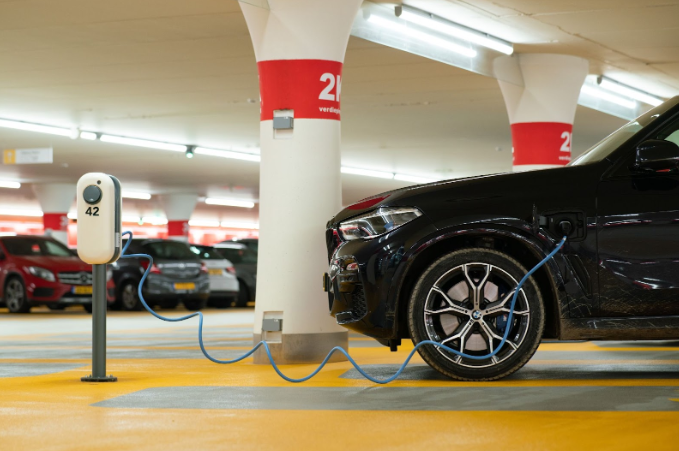The global automobile industry is at a crossroad: rapid technological changes, shifting consumer preferences, and increasing demand on the regulatory side. The automobile industry is one of the most important sectors in the world economy, with the evolution of the automotive industry impacting not only the economic landscape but also environmental and social aspects. This article discusses many of the issues currently facing the global car industry, from adaption to electrification, through further supply chain disruptions, to geopolitical tensions.
Current Industry Dynamics
Sustainability, which is underpinned by the global drive toward lowered carbon emission, is central to the reshaping of the industry. This applies to nearly every element of manufacturing and retail. Companies are also increasingly pouring billions of dollars into electric vehicle (EV) technology as a promise for cleaner alternatives to the traditional internal combustion engine. Then there are platforms like abetter.bid, which make the auctioning of vehicles, including EVs, more streamlined and digital-first, and are already playing a key role in the reshaping of the way cars are bought and sold.
Electrification and Technology Integration
The industry is currently facing one of its major challenges: the transition to electrification. The very rigid targets set by governments around the world for emission reduction require major and immediate acceleration in the development and production of EVs, involving a huge investment in new technologies and manufacturing processes. This would also be accompanied by an extensive and reliable charging infrastructure to support the rising numbers of EVs.
When technologies such as autonomous driving, connected vehicles, artificial intelligence, etc., become prevalent in the manufacturing and operation of vehicles, it will, besides promising many opportunities, also bring up several challenges. The former will offer enhanced vehicle safety and effective traffic flow by transforming the driver’s experience, while the latter will require huge regulatory oversight over cyber and data privacy issues.
Global Supply Chain Vulnerabilities
The international car industry is also vulnerable to supply chain weaknesses, as amply demonstrated by the semiconductor chip shortage that started in 2020. The lack, at the same time, effectively grounded production lines and held up deliveries worldwide but, once again, underlined the dependence of the industry on certain specific inputs or raw materials. This is somewhat tricky because the supply chain problems are now conjoined with geopolitical tensions and trade disputes that could potentially bring tariffs, trade barriers, and interrupt flows on goods and services trade.
The sourcing of lithium, cobalt, and nickel—materials for EV batteries—also remains a critical issue. This is highly concentrated in a few countries, indicating that there could, therefore, be some bottlenecks and costs in its supply.
Human behavior and market adjustment
The third critical challenge in this context involves changing consumer behavior. It is in the change of consumer expectations that is most perceptible: More personal, sustainable, and digital in integration in the services of companies in the automotive industries. Thus, bound by consumer preference and demand in such changes, companies in the automotive industry are to adapt, create subscriptions in shared mobility, and improve on digital interfaces.
Regulatory and Environmental Pressures
In fact, these regulatory pressures continue to shape the strategies of the industry, whereby strict emissions regulation, safety standards, and recycling mandates keep pressing car manufacturers into investment in new, cleaner technologies and practices more sustainable. These make the regulatory environment widely varied among different regions, making the global operations of car manufacturers more complicated. It also concerns itself with car manufacturing and disposal. The auto industry is facing more and more pressure not only to reduce the emissions derived from vehicle use but also to decrease the environmental footprint of all manufacturing processes and supply chains.
Conclusion
Challenges lie in every respect in the global car industry, be it in the technological, economic, environmental, or regulatory environment. The innovation and ability to handle change and volatility in the market, in fact, determine what will make participants in the industry competitive going forward and resilient to face eventual future supply chain breakdowns. How the industry responds to the challenges will not only determine its future, but indeed has far-reaching consequences in global concerns to attain sustainability and economic stability.











